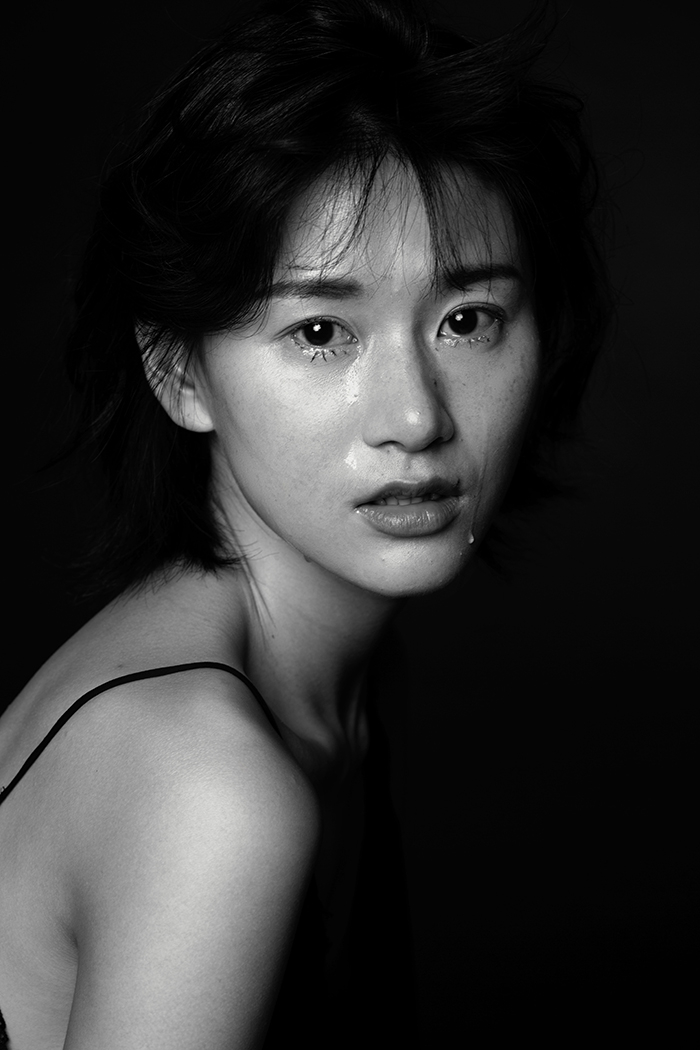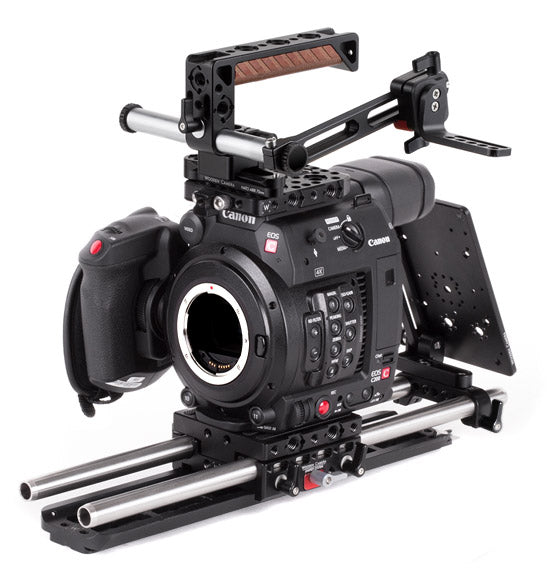
Photography is something you can learn from professionals or amateurs. One of these is by reading photography quotes. These inspirational quotes can be found on the internet and in printed matter, and can be a great way to improve your craft.
You will need to know the best tips and tricks to improve your photography skills. You need to be able to communicate with your subject and understand their needs before you can take their picture. Your picture should also reflect your mood. You can do this by changing your viewpoint.
The best photos are not only beautiful, they are also interesting to look at. Photography is an art of seeing the world differently. The difference between a good and mediocre shot is how you see things.

The most beautiful pictures have stunning backgrounds. This is why it's important to include a photo of your location. Large landscapes such as lakes and rivers are often the best. You'll also want to include a variety of elements, including rocks, trees, and other elements that will give your photo more character.
One of the most fun things to do with a camera is to capture the best of what you see. Your camera is likely to be your best friend in the hobby of photography. Even if it's not something you've done before, chances are you're familiar with some interesting lighting situations.
While you're at it, you should also take a look at some of the most famous photography quotes of all time. Some of these quotes speak to the best practices of photography. These include a few that are applicable in real life.
The best photography quotes will make you stop and think. These can be anything from a small quote on a scrap piece of paper to a large t-shirt. These are great for motivating you to improve your photography skills.

These best photography quotes will inspire you and set a standard for your own efforts at creating this art. You'll be amazed at how much your efforts compare to those of the best. This will encourage you to improve and perhaps even meet that special someone you've been wanting to capture a picture of.
Last but not least, the best quotes for photography can remind you to slow down. Although these may seem small, they are important. These moments are where you will find your true passion. Perhaps you will even discover the beauty of photography.
FAQ
What Lenses Should I Use
The most common question beginners ask is, "what lens should I buy?" This is a difficult decision because there are so many options.
The good news is you don't always need to buy a different lens with every purchase of a camera. Instead, you can buy additional lenses later.
Here are three types you might be interested in.
-
Wide Angle Lens (14mm to 24mm): These lenses allow you to see more of your subject from a wider angle. Zooming in can be done without affecting image quality.
-
Normal/Standard Zoom Lens (28mm to 70mm) : These lenses allow you the flexibility of changing focal lengths, while still maintaining high quality images.
-
Telephoto Zoom Lens (70mm–200mm) : These lenses are ideal for photographing distant subjects. These lenses let you focus on the subject even if they are small.
These lenses can be combined in a variety of ways to create new effects. To capture close-up details, you can switch between a normal and telephoto lens.
What Camera Should You Get?
This all depends on who you want as a photographer. A basic point and shoot camera is enough if you are just starting.
However, once the basics are mastered, it's likely that you will want more advanced features. The decision is yours.
These are some things you should consider before buying a camera.
-
Features: What features are you looking for? Will you use manual settings or autofocus? How many megapixels is your camera capable of? Is there a viewfinder on your camera?
-
Price: How much will you spend? Are you planning to upgrade your camera every year or two?
-
Brand: Do you feel satisfied with the brand you choose? There's no reason why you should settle for less than the best.
-
Functionality: Does your camera perform well in low light conditions? Do you have the ability to take high-resolution pictures?
-
Image Quality - How clear and sharp is your image quality?
-
Battery Life: How much time will your camera last without needing to be recharged?
-
Accessories: Do you have the ability to attach flashes, additional lenses, and so forth? ?
What is rule of thirds for photography?
The rule of thirds is an easy way to create interesting compositions without using complicated camera settings. It divides your photo into nine equal parts horizontally as well vertically. It creates three main areas, where your subject should appear. These are the top and middle thirds (in the upper left corner), as well as the bottom and lower right. These areas are useful for positioning your subject in your frame.
The rule to thirds allows you to avoid placing important elements too closely together or too far apart. They might not have enough space to make an impact on the eye if they are placed close together. If they are placed too far apart, it can cause them to lose focus.
Statistics
- The second easiest way to get blurry photos 100% of the time is to use a cheap filter on the front of your lens. (photographylife.com)
- While I cannot prove that all of those spots were not sensor dust, the photo was taken during a heavy snowstorm…so I guess that 99.8% of the spots are snowflakes. (bhphotovideo.com)
- There are people out there who will pick at flaws they can only see in 100% crops of your photos. (wikihow.com)
- Get 40% off Adobe Creative Cloud(opens in new tab) (creativebloq.com)
External Links
How To
What are the skills to be a photographer?
Photography jobs require basic skills such as technical knowledge, artistic talent, and business acumen.
Technical knowledge includes the ability to understand exposure settings, camera functions and lens types.
It is important to have artistic talent. This includes understanding composition, lighting, posing, and how to use Photoshop.
Business acumen covers budgeting, scheduling, time management, and dealing with clients.
You should be interested in photography as a hobby from an early age if you wish to be a professional photographer.
Online courses or classes in school can help you learn about photography.
There are also many books available that teach you all aspects of photography.
Learning about photography is only half of the battle. It is equally important to find your own style.
This will enable you to be different from other people in the field.
Photography has evolved over the years. In the past there were cameras like the Kodak Instamatic camera or Polaroid instant cam.
Digital cameras are increasingly popular today. Nowadays, most photographers use smartphones to capture photos.
You can get a smartphone that captures high-quality pictures, but if photography is your passion, you must invest in a DSLR camera (Digital Single Lens Reflex).
A DSLR allows you to control every aspect of your photo, including shutter speed, aperture, ISO sensitivity, white balance, and focus.
These features enable you to create stunning photos and different effects.
These controls can be used to change the mood of your photo.
By using a fast shutter speed, for example you can blur the subject.
You could also make them appear to be moving by increasing the light entering the camera.
The scene can also be adjusted to change its mood by changing the color temperature.
For example, if there is lots of blue light around, you can increase the red content of the picture to give it a warmer feel.
You may have difficulty deciding which direction you want to point your camera.
But once you grasp the basics, it won't be so difficult.
It's actually much easier than it seems!
When you first start out, you will probably only shoot landscapes or close-up shots of objects.
Don't worry; you will learn to capture everything, from portraits to abstracts.
Once you've mastered the basics you can move on and learn more advanced subjects.
These tips will help you get started.
-
You should choose a beautiful location. Places that allow you to relax and have fun are best.
-
Choose something you find interesting to photograph. Try to find unusual or unique objects.
-
Practice pictures are important. Practice makes perfect!
-
Experiment with different angles. Hold your camera differently depending on what you are trying to achieve.
-
Use different lenses. Different lenses offer different perspectives.
-
Low-light photography is a good option. Photography in bright sunlight can be challenging.
-
Try framing your shot. Frames are an important skill when you capture an image.
-
Learn how to set up your camera settings. The best way to improve your photography is to spend time experimenting with your camera settings.
-
Continue to learn new techniques. There are many ways you can learn about photography. Visit local galleries and museums.
-
Read books and magazines. Everything you need to know about photography can be found in books and magazines.
-
Join a photography club. Photo clubs often organize events to encourage members and their work.